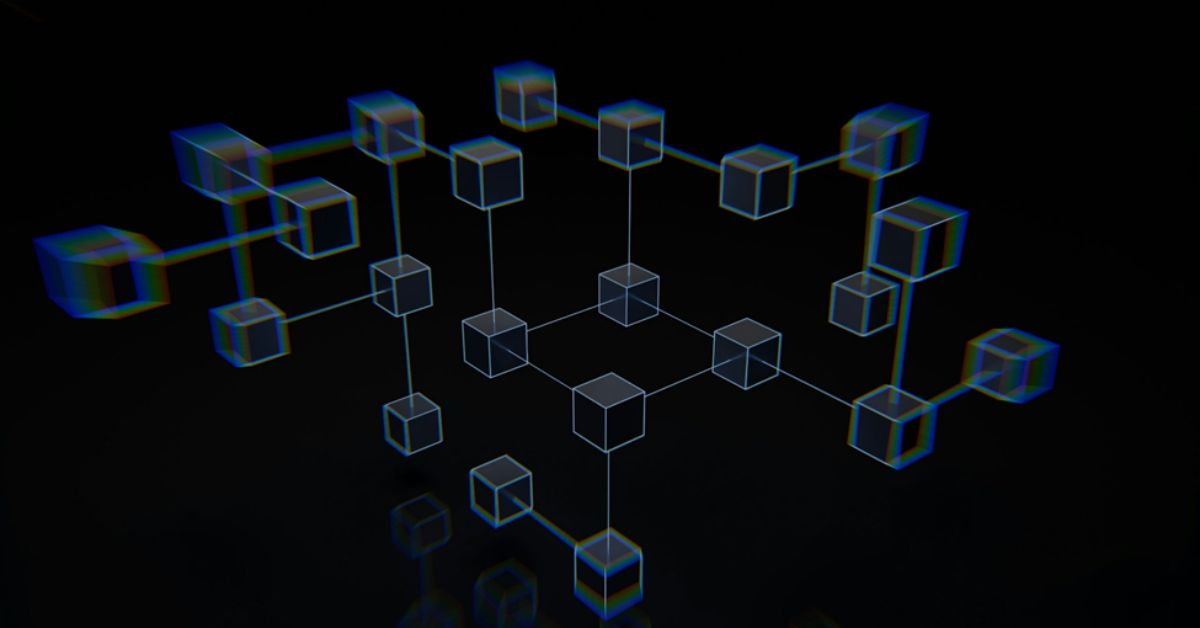You have probably heard about blockchain until now. Initially created for cryptocurrencies like Bitcoin, now it is transforming software development. And it does so with its core features. Decentralization, security, and transparency are changing how software development works today. Blockchain software development has been on the rise in the last couple of years. Especially as it offers innovative solutions for creating secure, efficient, and transparent systems. As technology develops tremendously every year, it is imperative to create systems that provide users with the security and safety they need.
So, what are the pillars of blockchain technology? Is there a conclusion of blockchain technology? Let’s examine the future of blockchain in software development. We will focus on its impact on decentralized applications, smart contracts, supply chain management, data security, and more. Software development is poised to evolve, drive innovation, and reshape how digital systems are built and operated. How? Let’s find out together.
Decentralized Applications
You might think you did not hear about decentralized applications or DApps, but for sure some of them are familiar. They do not run on a single computer, but instead, they run on a peer-to-peer network or blockchain. For example, BitTorrent, PopcornTime, and Tor are just some examples. And for sure you have used them at least once in your life. Well, they should have specific characteristics so that customers will use them. For example, they should be a trustless environment and have enhanced security and transparency. If you are a software developer and you use a Mac, you might have noticed the macOS read only file system on. If you want to learn how to read only files and how to change them or how to copy files from Mac to external hard drive, you can easily find this information online. The read-only file system might prevent you from developing your software based on blockchain. This way, you cannot have all the benefits it comes with.
However, DApps leverage decentralized networks where transactions and interactions are verified by multiple nodes. This way, they eliminate the need for central authorities, and it reduces the dependency on them. In turn, this lowers costs and increases resilience against failures or attacks.
At the same time, when it comes to security, blockchain’s cryptographic algorithms ensure data integrity and security. Which is imperative in sectors like finance, healthcare, and supply chain where data sensitivity is paramount. And as all transactions are recorded on the blockchain, it makes them publicly accessible and verifiable. Which enhances trust with users and regulators, crucial in industries such as banking.
Smart Contracts
As briefly mentioned above, technology advances day by day. And today we are in an era where technological inventions replace the need for human intervention. Which is the case with smart contracts. It helps automate some processes, reduces errors, and speeds up processes.
And this is critical in sectors like finance and real estate. As it eliminates the need for manual processing, it reduces operational overhead and higher efficiency. So, as the human need is replaced, the costs are lower. Which is extremely beneficial for companies, especially startups.
Supply Chain Management
One of the benefits of blockchain is that it records every step of the supply chain. Which ensures product authenticity, crucial for industries like food, pharmaceuticals, and luxury goods. At the same time, it is essential that it makes it difficult to alter product history and it protects brand integrity and consumer safety. On top of this, it reduces delays and errors, improving overall efficiency.
Data Security and Privacy
One of the most essential things these days is keeping data safe. There are lots of data leaks happening, and they put consumers’ safety at risk. Well, with blockchain technology, data is encrypted and stored across the network, ensuring security. It protects sensitive information, which is critical for sectors like healthcare and finance. And as it is distributed, it reduces the risk of centralized breaches. On top of this, users control their own data and can grant/revoke access. In Europe, it has to comply with regulations like GDPR. But as it does this, it is improving customer trust.
Conclusion
The future of blockchain technology is bright. It is set to revolutionize software development with its decentralization, security, and transparency. Embracing blockchain promises to unlock new opportunities, streamline operations, and foster greater trust in digital interactions. Which is fundamentally transforming the software development landscape.











